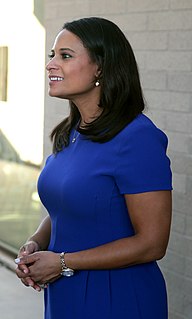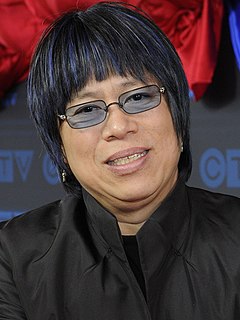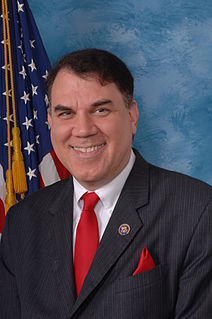A Quote by Nick Hornby
I don't think you can call it stalking when it's just phone calls and letters and emails and knocking on the door.
Related Quotes
Every day, I absorb countless data bits through emails, phone calls, and articles; process the data; and transmit back new bits through more emails, phone calls, and articles. I don't really know where I fit into the great scheme of things and how my bits of data connect with the bits produced by billions of other humans and computers.
I realized how valuable the art and practice of writing letters are, and how important it is to remind people of what a treasure letters--handwritten letters--can be. In our throwaway era of quick phone calls, faxes, and email, it's all to easy never to find the time to write letters. That's a great pity--for historians and the rest of us.
When it comes to telephone calls, nobody is listening to your telephone calls. That's not what this program is about. ... What the intelligence community is doing is looking at phone numbers, and durations of calls; they are not looking at people's names and they're not looking at content. ... If the intelligence committee actually wants to listen to a phone call they have to go back to a federal judge, just like they would in a criminal investigation.
It may be irrational, but if you're local, the client often feels that, if worse comes to worst, they can knock on your door. They 'know where you live.' But when you're remote, they're going to be more suspicious when phone calls go unreturned or emails keep getting 'lost.' Stay on top of communications, and you'll reap the benefits.
When I was a kid, phone calls were a premium commodity; only the very coolest kids had a phone line of their own, and long-distance phone calls were made after eleven, when the rates went down, unless you were flamboyant with your spending. Then phone calls became as cheap as dirt and as constant as rain, and I was on the phone all the time.
A couple of years ago, I went to dinner with a very high-profile source, and out of respect, I put my phone down for, say, an hour and a half. And during this dinner there was a major breaking story related to the Secret Service. When I picked my phone back up, I had missed about 50 emails and seven phone calls from the network.






































